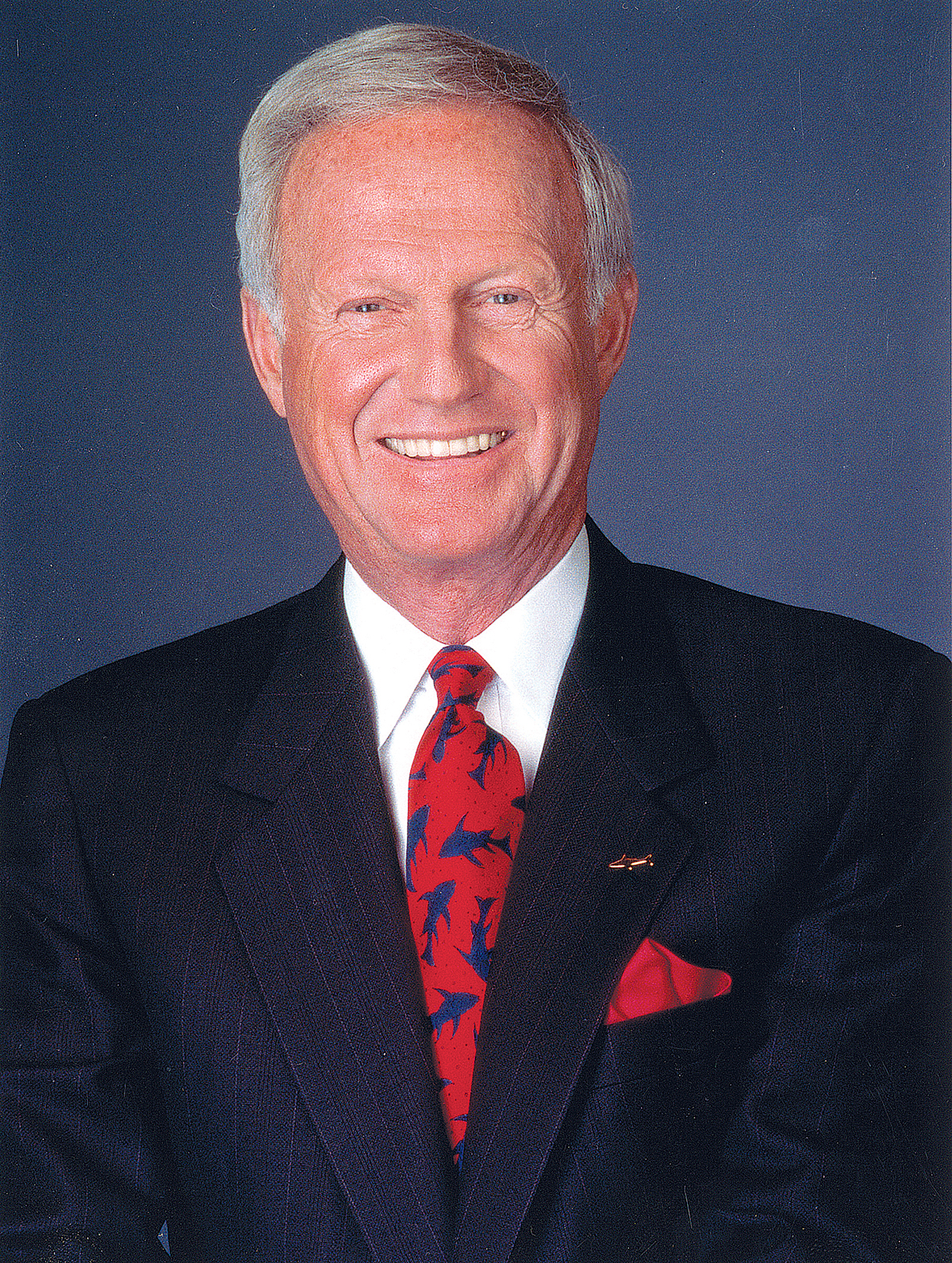Selling is an individual sport. Don’t take my word for it; ask any seasoned salesperson.
Oh sure, they’re willing to ask experts and take someone with them to help make a sale. But the bottom line is that salespeople are loners, and they’re not great team players – unless they need someone else to help them make the sale.
Salespeople are fighters by nature.
They fight for the sale.
They fight the competition.
They fight purchasing agents.
They fight for price.
They fight for delivery.
They fight for terms.
Then they fight production, shipping, marketing, management, trainers, service and, especially, credit and accounting.
And if they win the fight and win the sale, they fight again for service if something is wrong, broken or late. They fight for credit and delivery.
Oh, they also fight against other salespeople in their company for prowess and position – they fight to win the annual contest of who is the best, most, highest, greatest of them all. They fight for awards, president’s club, recognition and commissions. And they fight to achieve management’s imposed sales goals, plans and quotas.
Managers, in their self-serving interests, want salespeople to be “team players.”
That’s as dumb a move as stressing sales “accountability.” Salespeople are a team of one. They always have been, and they always will be.
Salespeople only care about themselves and the sale.
Oh, they will say they care about their customers, and some actually do, but not at the expense of an order. And they will say they care about the company, and some actually do, but not at the expense of a sale. Why should they?
What causes the “team of one”? Management and executive decisions and the natural progression of:
Sales plans.
Sales quotas.
Sales incentives.
Sales contests.
President’s club.
Sales awards.
And other “team of one” circumstances like sales reports, activity requirements and other mandatory acts of silliness that encompass the word “accountability.”
Other elements of sales loneliness:
* Salesman makes a big sale, brags to manager hoping for an “attaboy.” Manager says, “You still need three more to meet your quota.”
* Commissions get cut, territories get cut, big accounts move from “salesman’s” (big commission) to “house” (no commission).
* Management arbitrarily changes the sales rules to suit itself.
Sales reality wake-up call: Nothing happens until a sale is made.
Everyone, including the CEO, is paid based on revenue derived from salespeople and sales. Take a look at all the silly, restrictive things you are asking salespeople to do (including trying to force them to be on the team), and get rid of them.
Salespeople will naturally join the team if management creates an atmosphere where this is possible.
Hey Jeffrey, you got it all wrong, I love my customers. That’s the yell of a successful salesperson. The struggling salesperson loves survival. And if he doesn’t get orders, he won’t feel the love of his boss.
OK – what’s my remedy? Can salespeople play together?
Yes! If you create the atmosphere where it’s possible.
1. Begin to refer to a group of salespeople as a family.
2. Get them to bond by playing together.
3. Create mentorships – ways that senior people can help less experienced people win sales – and pay them for doing it.
4. Give different types of awards, like “best team player” or “best family member.”
4.5 If you’re the boss, be part of the team (family) yourself.
Help salespeople make more sales. Encourage them, train them, support them, and recognize that salespeople are the gears and pistons that run the engine.
Create an inside team of people that support salespeople and help them make sales. That’s a team that makes sense – and a team that any salesperson would love to be part of.
Create corporate awards for sales support, not just sales.
The sad part of this lesson is that salespeople are often maligned, pressured, under-supported, and forced to do things in a way that makes them feel uncomfortable. And then they quit, because they are tired of being maligned.
Reality check: The engine can’t run without the gears.
Jeffrey Gitomer is the author of “The Little Red Book of Selling” and “The Little Red Book of Sales Answers.” As president of Charlotte, N.C.-based Buy Gitomer, he gives seminars, runs annual sales meetings and conducts Internet training programs on sales and customer service at www.trainone.com. He can be reached at (704) 333-1112 or by e-mail at salesman@gitomer.com.










